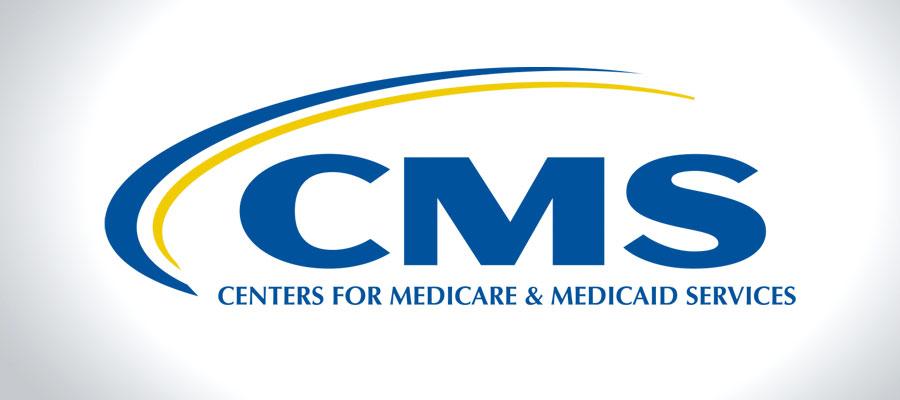CMS authorizes no-cost monoclonal antibody treatments for Medicare beneficiaries

The Centers for Medicare & Medicaid Services yesterday announced Medicare coverage for monoclonal antibody therapies, with no beneficiary cost-sharing for the duration of the COVID-19 public health emergency. CMS said the coverage will apply to bamlanivimab, the Lilly therapeutic that earned an emergency use authorization earlier this week. Additionally, the agency said it anticipates that bamlanivimab and other, similar therapies will initially be given by drug makers to health care providers at no charge; as such, the Medicare program will not pay for monoclonal antibody products that providers receive for free.
Medicare will, however, reimburse for these therapies’ infusion. Once health care providers begin purchasing monoclonal antibody products, CMS anticipates setting the payment rate in the same manner it uses to set COVID-19 vaccine payments. Additional details for providers about Medicare coding, payment and billing for monoclonal COVID-19 products and their administration are described in CMS’ Medicare Monoclonal Antibody COVID-19 Infusion Program Instruction.

